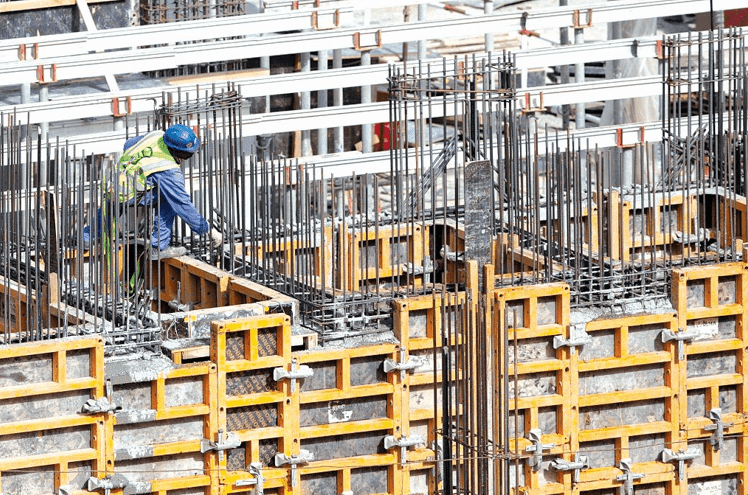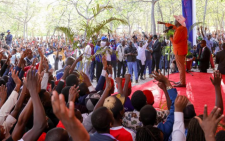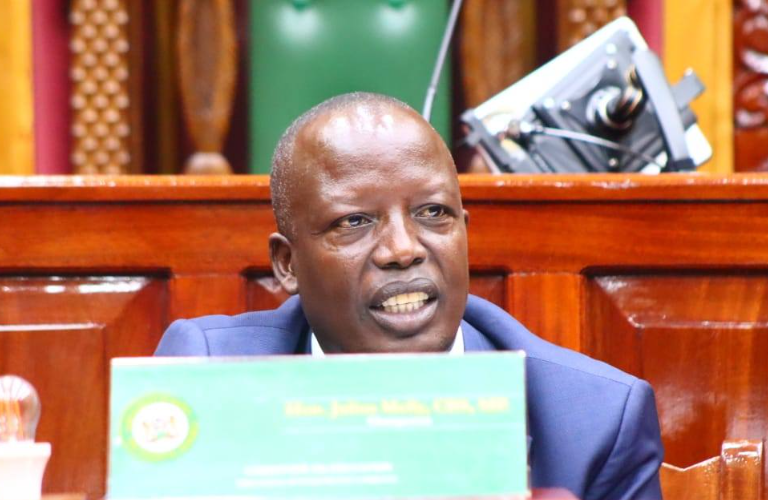Cement firm warns of price rise on tax plans

Leading building and construction materials investor Bamburi Cement has urged the government to reconsider punitive tax proposals in the contentious Finance Bill 2024.
Chief executive Mohit Kapoor expressed concern that introduction of various tax proposals could end up increasing the cost of manufacturing locally, a situation that could expose the country to dumping through imports and jeopardise thousands of jobs.
While acknowledging the government’s initiatives to drive sustainable manufacturing in order to achieve long-term socio-economic and development goals, Kapoor said the Finance Bill 2024 as currently constituted will cripple cement sub-sector value chain.
In a letter sent to newsrooms, he said among others, that the Bill explicitly proposes to introduce excise duty on coal at 5 per cent of the value or Sh27,000 per tonne, whichever is higher.
Cost of coal
Coal which is mostly imported accounts for about 45 per cent of the variable cost of production of clinker, which provides cement with its binding qualities. Currently, the coal prices average Sh20,000 per tonne and adding Sh27,000 per ton increases the cost by 139 per cent and more than doubles the cost of coal.
Consequently, Kapoor stated that the immediate impact of the tax proposal will be an exponential increase in production cost of producing clinker that will lead to increase in cement costs and prices by about 43 per cent.
“We have worked collaboratively with Kenya Association of Manufacturers (KAM) to engage several stakeholders, including the Ministry of Trade, Investments, and Industry, the National Assembly’s Committee on Finance and National Planning and the Media to urge for a reconsideration of those proposals,” he said. Additionally, the Bill proposes an Eco Levy which calls for an additional Sh150 per kilogram on plastic packaging.
“As signatories to Extended Producer Responsibility Schemes and the subsequent levy which requires us to pay to and fund packaging bags recycling across our operations, this levy is a duplication and equivalent to double taxation.
It will directly increase the packaging cost of a 50 kg bag of cement by 57 per cent. Ultimately the end user will bear the impact of this cost increase,” he added.
The firm further expressed concerns with the Bill, saying it recommends reducing taxes on imported clinker and cement from 31.5 per cent to 14.5 per cent.
“With the aforementioned excise duty on coal which makes it costlier for cement players to manufacture clinker/cement, Kenya will be exposed to foreign dumping by countries with subsidised energy (gas, electricity) and excess clinker and cement, at the expense of local manufacturers,” he stated. “In our analysis, these tax proposals will likely increase the costs and ultimately the prices of cement significantly,” added Kapoor. At present the cement prices in Kenya are the lowest in the East African market.
Policy level
Kapoor, however, noted that the Finance Bill 2024 provisions would create uncertainty at the policy level, especially for investors who are planning further investments in cement/clinker manufacturing. “This expected increase would add to inflation and adversely impact the affordable housing projects. We advocate for maintaining the status quo in the cement sub-sector policies,” he quipped.











